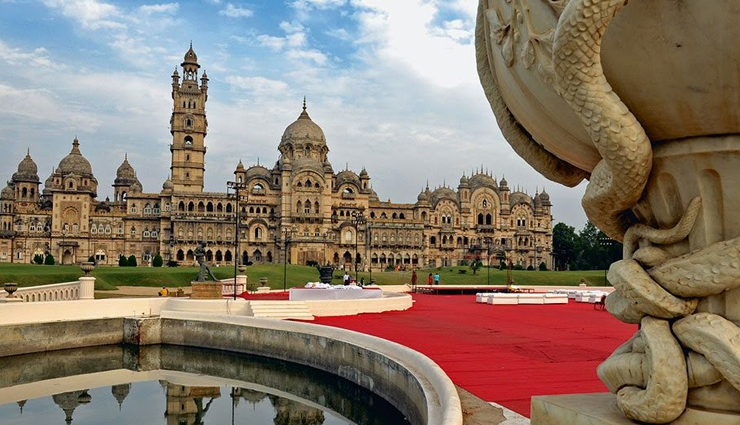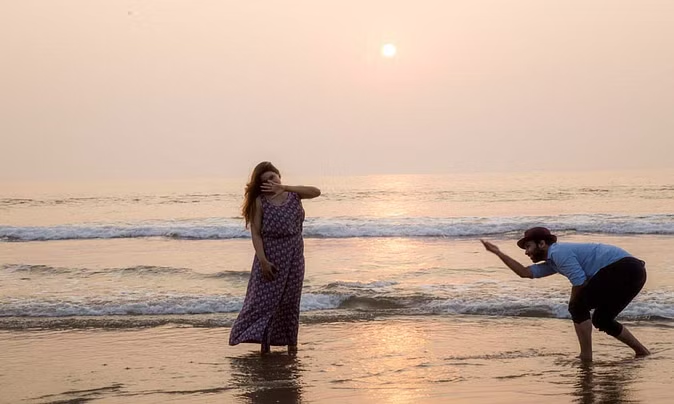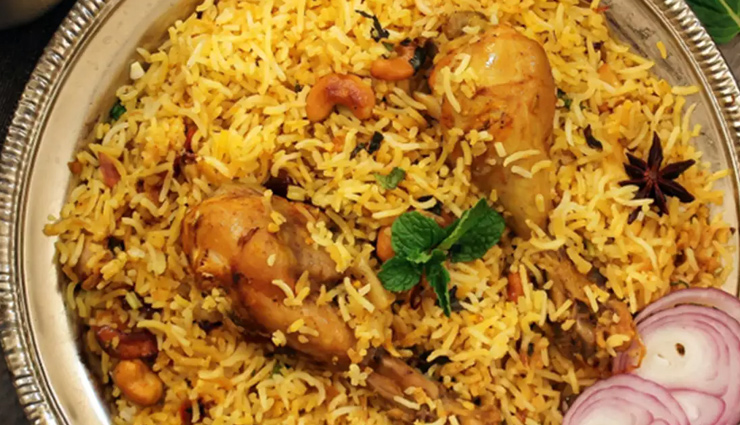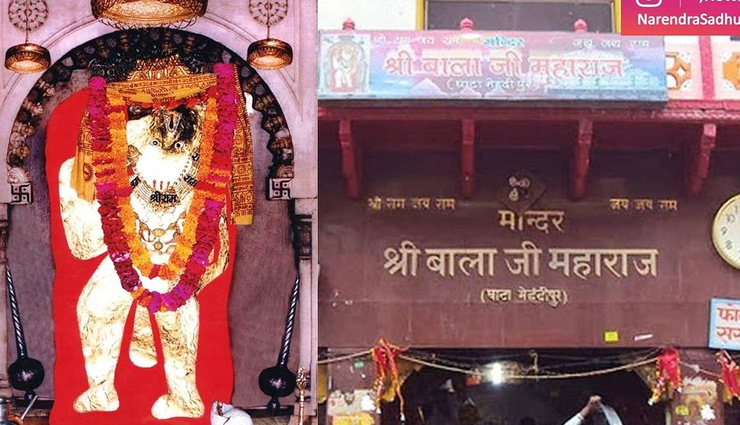In this huge country of India, you will find more than one place where beauty and beauty can please your mind. One such state is Sikkim which is known for its plants, animals, rivers, mountains, lakes, and waterfalls. Sikkim is a mountainous state located in the northeastern part of India. This thumb-shaped state is also known for its festivals which become its main attraction. The main religion for the people of Sikkim is Hinduism, although a sizeable population also practices Buddhism. Today in this episode we are going to tell you about the famous festivals of Sikkim which can make your trip even more memorable. Let us know about these festivals…

Losang Festival
Losang Festival is a major festival of Sikkim celebrated at the end of the harvest and the tenth month of the year according to the Tibetan calendar. During this festival, people pray for a good harvest and good prospects in the coming year. This festival symbolizes the spirit of good over evil. Chams were held 2 days before in most monasteries. People wear masks and are well dressed and perform Cham dance. During the festival, several competitions of traditional skills are held, such as archery, merrymaking, etc.
Sonam Lhochar Festival
Sonal Lhochar Festival is one of the most prominent festivals of Northeast India which is celebrated as the beginning of the Tibetan New Year for the Tamang community. To celebrate this festival with full enthusiasm and pomp, men and women wear colorful and traditional clothes and perform rituals. People wear masks and dance to the beats of drums. Exotic and delicious Tamang dishes are served to the people which is a real treat for the people of Sikkim as well as the visitors. It is celebrated in February in Sikkim as well as in Bhutan, Nepal, and Tibet.
Losar Festival
Losar Festival is celebrated in February as the Tibetan New Year. Yak dance is very popular in this festival and a procession is also taken out in it. Local communities gather together to watch grand religious displays. People celebrate the festival by singing, dancing, eating, and drinking traditional Sherpa songs. Many traditional ceremonial dances are performed that depict the struggle between the demons and the gods, mainly in monasteries. The solar festival is also celebrated with great enthusiasm in Nepal.
Saga claim
Saga Dawa is an auspicious month for Sikkim. It is also known as the Triple Blessed Festival. Tibetan Buddhists celebrate an auspicious time of the year when the Saga star appears in the sky in the fourth month of the Tibetan calendar. The Buddhist Shakyamuni festival is celebrated on the full moon day of this month. Their birth, enlightenment, and nirvana were all born in the same month and reached their peak on 15th April. Believing that good deeds and prayers are multiplied during this period, people are much more compassionate than usual. Jokhangs chant around the temple and give alms to the needy to avoid killing animals.

Bhumchu
Bhumchu is celebrated with many ceremonies and rituals among the Northeast people of India. Bhumchu means a holy pot of water. The festival has an opening ceremony on the first day where monks from Tashiding Monastery open pots and predict the future of the coming year. The next day, during the closing ceremony, the monks refill the pot with water brought from the holy river and the pot is sealed until the following year. The festival showcases the rituals and customs of Buddhism and is an ideal opportunity for tourists to witness the traditions.
Dance festival
Dance Festival is one of the special festivals in Sikkim which is celebrated in December. The dance performed by the monks during this festival portrays the destruction of evil forces. They also wish for peace and prosperity in Sikkim during this festival.
Tendong Lho Rum Phato
It is the most important and ancient festival of the people of Sikkim celebrated by the people of the Lepcha tribe because it is believed that the ancestors of the Lepcha tribe were saved by Tendong Hill during the flood which lasted for 40 days. A grand celebration is organized throughout the state of Sikkim and rituals and ceremonies are performed. The main focus of this festival is the trek from Ravangla to Tendong hill which is a unique experience and is visited by many locals as well as tourists to induce some adrenaline rush.

Pang Lhabsol
Pang Lhabsol is a very popular festival of Sikkim which is celebrated as the Independence Day of India. On this festival, people pray to God for the country and Sikkim. All the celebrations are held around Mount Kangchenjunga, the third-highest peak in the world. Apart from celebrating the peak, it honors the treaty between the Lepchas and the Bhutias. All the gods and goddesses are welcomed in this festival. The celebration takes place around the fifteenth day which falls in the seventh month of their calendar and the end of August in the English calendar.










